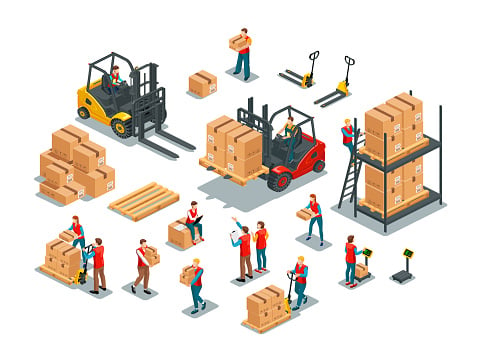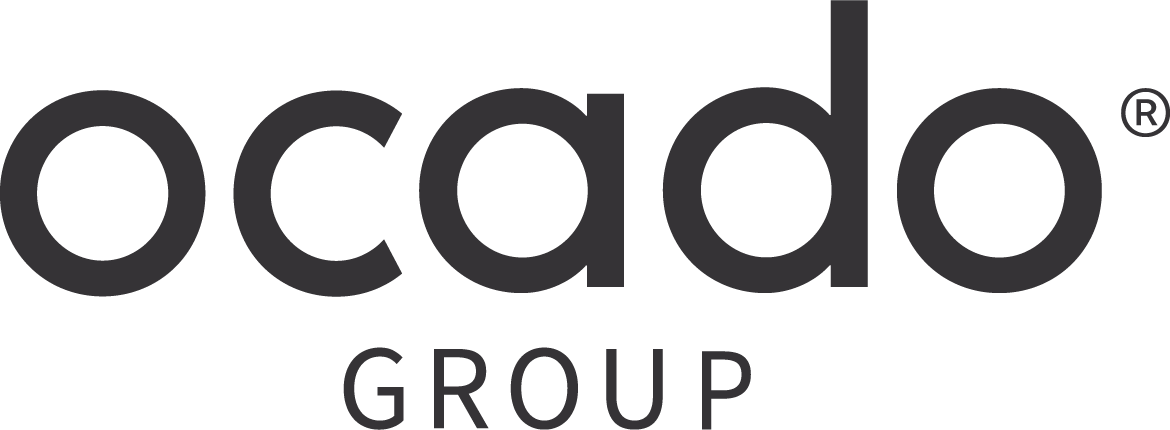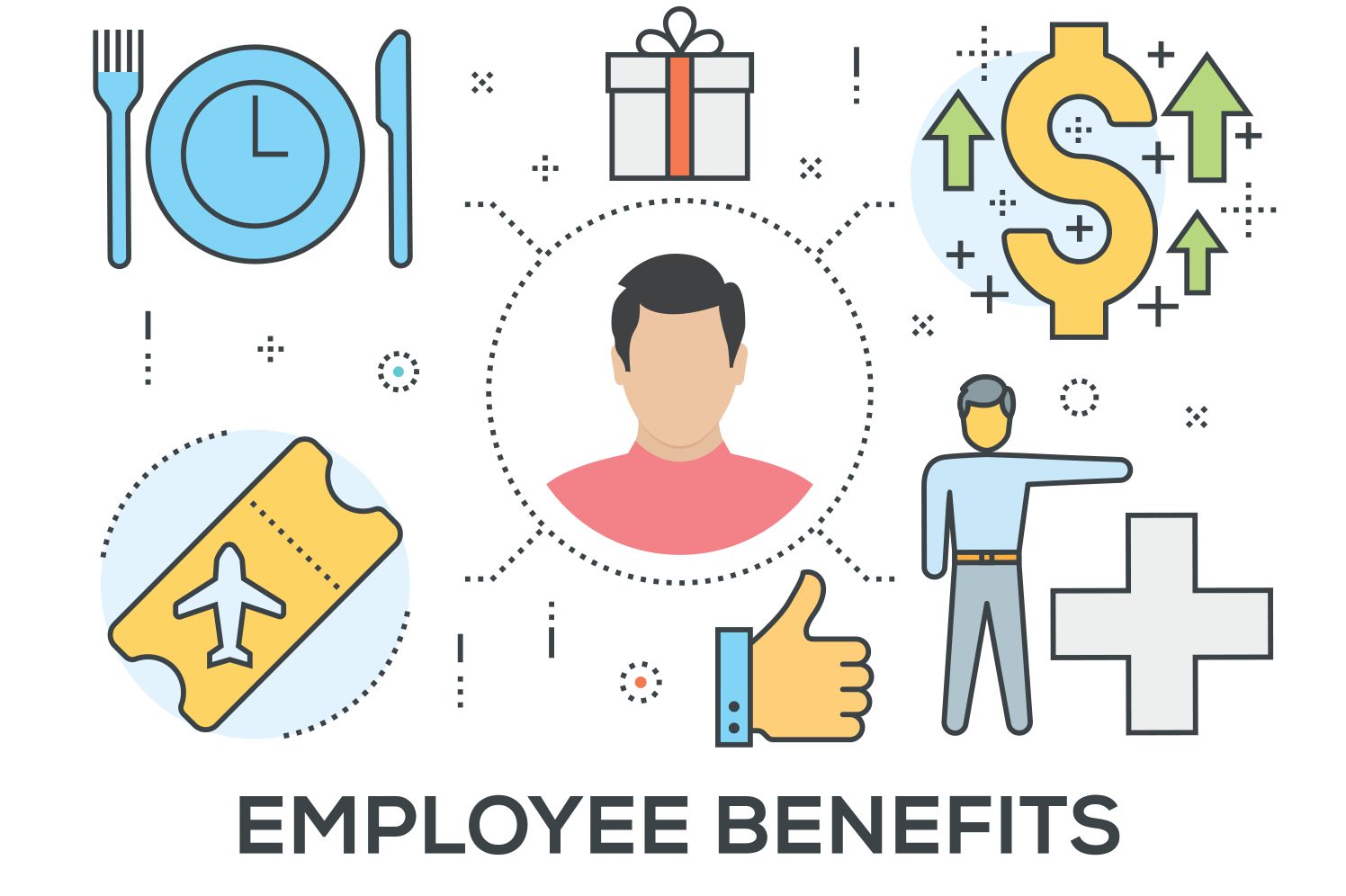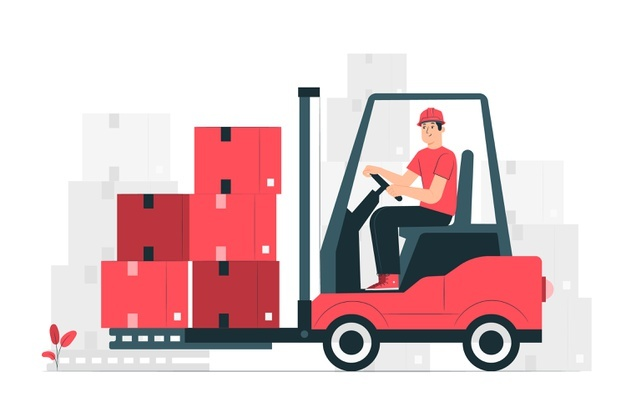Be the business of choice in a competitive labour market and help improve your retention

Warehouse and shift based staff are in demand, with expanding businesses and the increasing need for the right labour force it can be hard to keep up. This is more relevant now than ever before with the events of 2020 leading to a dramatic shift towards eCommerce. In a time where the word “unprecedented” gets bandied around as frequently as you ask if the team can hear you on a conference call, it’s true to say that there has been an unprecedented growth in global traffic up to June 2020. Overall, retail websites generated almost 22 billion visits in June 2020, up from 16.07 billion global visits in January 2020.
Services are set to continue growing too with the total percentage of online retail sales expected to increase by 6.1% before 2023.
Experienced and reliable warehouse staff are needed more than ever, with increased competition it becomes even more important to be able to both attract and retain the talent you need.
It can cost an average of 25% of a warehouse worker’s salary to replace that member of staff. This becomes very costly if you have a high staff turnover. So, how can you deal with the turnover of warehouse-based staff? Here are six ways.
.png)
Feedback is key: like a leaking pipe, you need to know what’s causing the leak to stop it from continuing. If you want to make changes, you need to understand what the problems are. What better way to figure this out than to ask staff directly? Perhaps introduce a standard set of questions and conduct leaver interviews to see if the same things crop up as reasons staff are leaving – a standard template makes this an efficient process for you.
You can get some ideas from Glassdoor which will help form your template. There may be some things that you can never change, but if they raise relevant and solvable problems you may be able to prevent further staff leaving and increase staff retention. It also shows you care as an employer and are willing to listen to concerns and take this on board. Word of mouth is a big factor when it comes to new applicants, so you want the last experience for employees leaving to be a good one.

As unemployment rates continue to rise, staff want to know that they can provide for themselves and those that depend on them. As of 15th December 2020, the UK unemployment rate is 4.9% and is predicted to rise as a result of COVID-19. If you are able to offer any form of security, then you automatically become a desirable employer. Likewise, it is important that your staff are paid well for doing a good job. Top employers pay their warehouse staff at least 50% above minimum wage. You want them to feel their employer understands that their work has value and their experience is important.
Regular performance and pay reviews are also recommended as this gives an opportunity for pay rises based on good work and encourages productivity. You should also consider the number of holiday days that employees are entitled to; this includes sick pay and maternity or paternity pay policies too – you can find UK specific information here. Of course, pay is not the only way you are going to retain staff, but it is a good starting point.
Safety measures touch most aspects of your business, none more so than ensuring your staff can get to work safely. The average worker spends nearly an hour a day commuting in their car. As a result, one of the leading causes for stress at work is the daily commute, navigating rush hour traffic and finding a parking space. This is especially true in large warehouse workplaces, where there are lots of staff getting to work at the same time. But not everyone can afford a car. Social & Labour Mobility issues are a growing concern around the world with people becoming trapped in unemployment or low paid jobs because they can't afford a car or access reliable and affordable public transport, which they need to access new opportunities. Furthermore, owning a car costs 24% of the average gross disposable income for workers, on top of the aforementioned issues surrounding the daily commute means that the journey to work is a far larger consideration than it may initially seem. In fact, 63% of employees would consider turning down a job because of travel time and cost so by alleviating those pressures on workers, you could dramatically reduce recruitment costs and see staff retention rates rise.
Cars continue to be the leading mode of transport to work, and increased usage due to the fears surrounding COVID-19 will only create more congestion and frustration. By providing commuter transport you can give your staff a safe, relaxed and easy way to get to work, especially when shift times might be long or outside standard working hours. Commuter buses, like those offered by Zeelo, provide a calm and comfortable way for your staff and our passengers to travel to work and arrive ready for their shift stress free. Workers can be collected at designated or multiple pick up points chosen by you and dropped off in time for their shift to start. What’s more offering staff transport can open new candidates’ pools for recruitment and in a multi shift environment you may be surprised as how cost-effective clever utilisation of the vehicles can be







There’s the initial training all employees receive when they join your company, but what does staff training look like from there?
Updated regulations as well as health and safety training all need to be conducted regularly to ensure staff are kept up to date. Staff learning and development is mutually beneficial; your team feel empowered and motivated to keep progressing and your business reaps the reward of having well-trained employees. If a worker feels like they are growing within an organisation, they are far less likely to look elsewhere. Paid training days are a great way to make sure you have everything covered and you should also ask your staff what training they think they need and consider this. 2020 has been the year of online learning and the digital space for upskilling will only become more prominent.
Providing training has never been more cost effective and easier to enact – rather than siphoning vital hours off by sending staff on a course, they can now do it from their own homes. Understand who is looking for promotion or training for different roles and help them to make moves within your business rather than look elsewhere. Think outside the box for training that will benefit both you as a business and your employees as individuals – you can find some ideas for courses here.

You need to pay your staff a competitive wage and help them develop, but what else gives them the motivation to come to your workplace each day? There is far more you can do to improve employee satisfaction than simply paying them more, which is seldom a long-term solution. One method of recognising staff is a loyalty bonus which shows that value is placed on seeing staff grow with a business. There are plenty of benefits that stem from implementing bonuses, not least the presence of consistency which reflects positively internally and to outside parties. Employee perks, no matter how small can have a big impact on staff morale.
Providing tea and coffee for example gives employees more time to rest and chat. Recognition goes a long way; extra annual leave or bonus days for high performing staff is a great incentive example. People like their hard work to be rewarded, if you show that you notice and give praise and accompanying perks, you are more likely to retain staff and nurture a happier warehouse environment.

Competition is an innate human trait, by instilling a sense of competitiveness and providing a tangible reward, you might just see some of the team shift up a gear or two.
That’s the recognition, but what about the support? With the extra strain 2020 has put on people, it is imperative that your staff know they have your backing as an employer. Whether that is acclimatising to the new way of work, easing back in after furlough, managing new home pressures or struggling with mental health, the challenges we all face can pile up. Providing a support network for your workers to know they are safe and have somewhere to turn is an invaluable tool at your disposal. It can be advantageous to you too, employees that are at ease in the workplace can be far more productive. Wellbeing is an ambiguous term, here are some ideas that might make implementing workplace support more manageable. By taking a few simple steps, staff are much more likely to recommend you as an employer to their friends and family doing wonders for your reputation.

Previously this would have meant implementing the occupational health and safety measures that seem to be ever-changing and a continual struggle to keep up with. Whilst they haven’t gone away, the focus should now be on proving a COVID secure environment where employees can feel assured that their safety is ensured. As of June 2020, 45% of employees have said they felt some anxiety about returning to the workplace. Every action to minimise the risk of COVID-19 transmission at the workplace should not only be taken but also conveyed clearly to all staff. This will help to put their mind at ease knowing that their health, the health of their families and those close to them will not be compromised when they are in work. Implementing these changes is an incredibly manageable necessity – the British Business Bank can offer advice and case studies to show how you can deploy these safety measures. Similarly, you can find out how to make your workplace as secure as possible from the Health and Safety Executive.
"We saved £420,000 in staff recruitment over one year by offering an alternative transport solution to our site.
Zeelo's transport options allowed us to unlock new recruitment pools and attract the best employees."
HR Department, The Ocado Group
It may be disheartening when your warehouse staff turnover is high, but there are some things you can do to retain your staff and save you money. Prevent the costly recruitment of new staff by keeping your best employees happy and motivated to stay. From offering loyalty perks and beneficial training to providing commuter transport to get your staff to work stress-free and relaxed. By prioritising employee wellbeing and retention your business can soon be and be known as a great warehouse employer and a positive contributor to social mobility.
Save time & reduce management costs. With ongoing route planning & marketing to ensure you serve the most employees & candidates.
Human support on the phone and on live chat for both employees and their employers.
Flexibility in supplies with a large variety of vehicle sizes to manage demand and capacity at short notice.
Transparent and actionable reporting is available to provide insights into how the service is performing and what changes to make.
Both client and staff can track their ride for the duration of the journey. Staff can book tickets via our website & apps (iOS & Android)
We ensure services are as safe as possible with a range of measures implemented such as; contract tracing, deep cleaning, driver PPE.